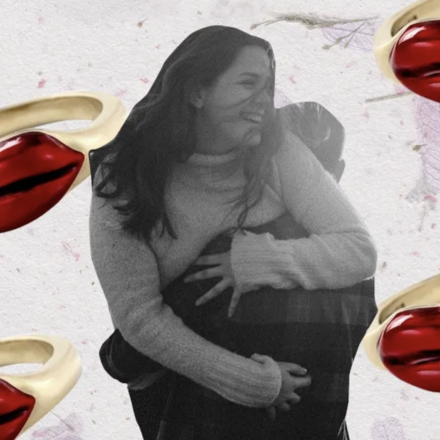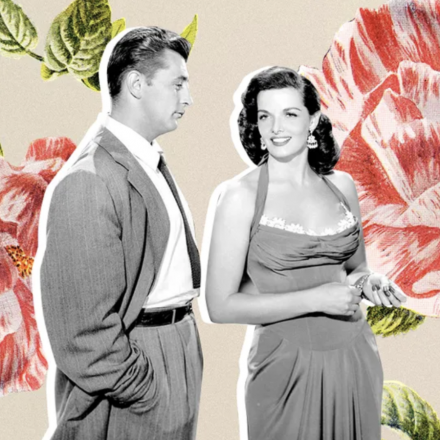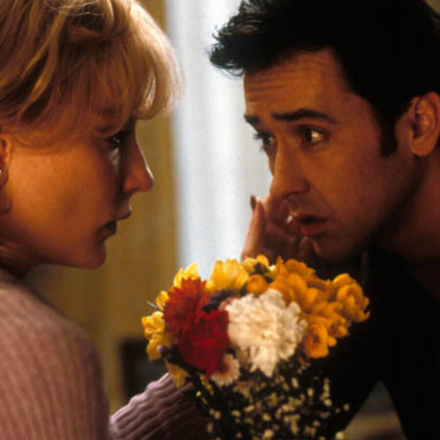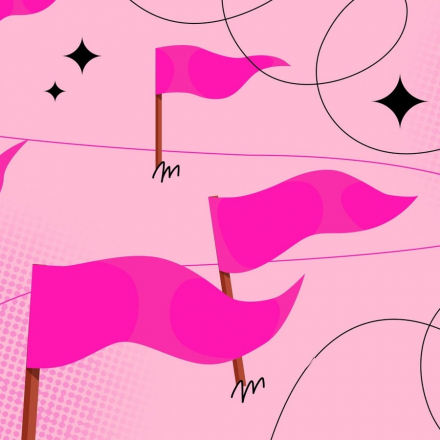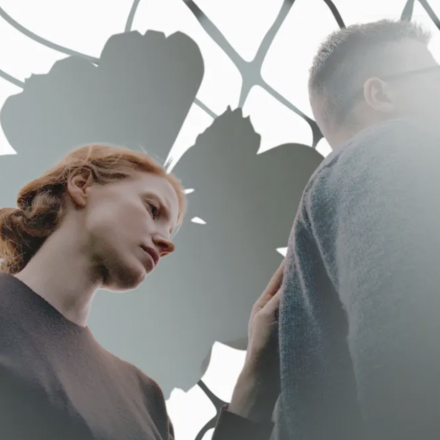Why Uncertainty in a Relationship Is More Than Just Unpleasant
He’s kind of with you: he calls, invites you to a café, takes you to the movies. But in the hardest moments—when you need support, when tears well up, or you just feel bad—he’s not there.
He’s kind of with you: he calls, invites you to a café, takes you to the movies. But in the hardest moments—when you need support, when tears well up, or you just feel bad—he’s not there. He doesn’t call you his girlfriend, doesn’t introduce you to his parents, and you’ve never met his friends. When you ask, “Where are we headed? What are we to each other?” he avoids answering. Sound familiar? That’s the destructive uncertainty in a relationship.
But why is uncertainty not just an uncomfortable feeling, but a real blow to your mental and even physical health? Let’s explore this together.
Safety — The Foundation of Happiness
We women especially need certainty: Who am I to him? Can I rely on him? When there’s no clarity, anxiety starts to eat away at you from the inside. That constant question, “What’s next?” steals your peace, exhausts you, and destroys your calm. Lack of clear understanding about your roles in the relationship triggers an anxiety mechanism that won’t let you relax.
Attachment System and Endless Doubts
According to psychologist John Bowlby’s theory, attachment is our basic mechanism that ensures a sense of security in relationships. But if your partner doesn’t provide clarity, your “system” sounds the alarm: “Why isn’t he texting? What did I do wrong?” You start checking every message, analyzing every word, even looking for answers in horoscopes or fortune telling. It’s a vicious cycle that’s hard to break and destroys your emotional balance.
Cognitive Dissonance: When Words and Actions Don’t Match
He says “I love you,” but disappears for weeks. You believe him—but doubt creeps in. This is cognitive dissonance: the inner conflict between what you want and what’s actually happening, tossing your soul between hope and despair. The mental exhaustion is far worse than an open conflict. Because in conflict, there’s clarity; here, only painful uncertainty.
Physiological Stress You Can’t Ignore
Stress isn’t just in your head—it affects your body, too. Constant cortisol—the stress hormone—disrupts sleep, weakens your immune system, and triggers illness. Scientists confirm: uncertainty in relationships is more destructive than open fights, because it’s like a swamp pulling you deeper with no way out.
Past Wounds That Amplify the Pain
If you experienced emotional instability in childhood—like unpredictable parents—it’s harder for you to cope with uncertainty now. You tend to imagine worst-case scenarios, suffer more deeply, and often choose partners who repeat painful “come close—push away” patterns.




